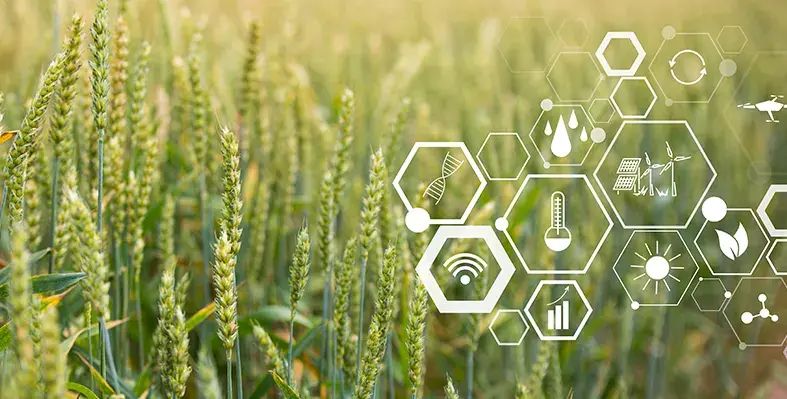African-led science and innovation are key to transforming agrifood systems across the continent
This was the central message of a special side event held during the Regional Policy Dialogue on Strengthening South-South & Triangular Cooperation (SSTC) in Africa, organised by the Food & Agriculture Organization (FAO) and hosted by the Government of Tanzania.
The Scaling Science & Innovation for Resilient Agrifood Systems: African Solutions through South-South and Triangular Cooperation event took place on the second day of the Dialogue. It served as a precursor to the Science & Innovation Forum at the FAO World Food Forum in October. The event gathered African experts, researchers, and policymakers to explore how homegrown innovations can transform African agrifood systems.
Opening the session, Abebe Haile-Gabriel, FAO Assistant Director-General and Regional Representative for Africa, emphasised the role of science and innovation in reshaping Africa's agrifood systems. He called for scaling successful practices through stronger partnerships and better policy alignment. "Africa stands today at a defining moment. Our agrifood systems face immense pressure from intensifying climate change, growing scarcity of land and water, frequent pest and disease outbreaks, and persistent post-harvest losses that undermine productivity and incomes. Yet, amidst these challenges, a new generation of African scientists, entrepreneurs, and innovators is reimagining agriculture, its business model, mechanisms of knowledge sharing, and scaling up technologies," he said.
Anthony Egeru, professor from the Regional Universities Forum for Capacity Building in Agriculture (RUFORUM) highlighted Africa's untapped potential in homegrown scientific knowledge and innovation. He stressed the need for stronger collaboration among African research institutions, as intra-African scientific cooperation remains limited.
Two expert panels followed, one focusing on scalable technologies benefiting smallholder farmers, and the other on how science-policy partnerships can foster innovation uptake. Among the innovators featured was Innovative Solutions for Decision Agriculture (ISDA), whose flagship product, the Virtual Agronomist, has increased yields by 60% among farmers using the AI-based tool.
FAO also showcased its work on plant protection with the eLocust3, a real-time data tool for monitoring locust outbreaks.
Peter Anaadumba, FAO South-South Cooperation Officer, stressed the need for strong policy frameworks, sustained financial support, and partnerships to create environments conducive to innovation. This event reinforced FAO's commitment to advancing African-led solutions and set the stage for further discussions at the Science and Innovation Forum in October.





